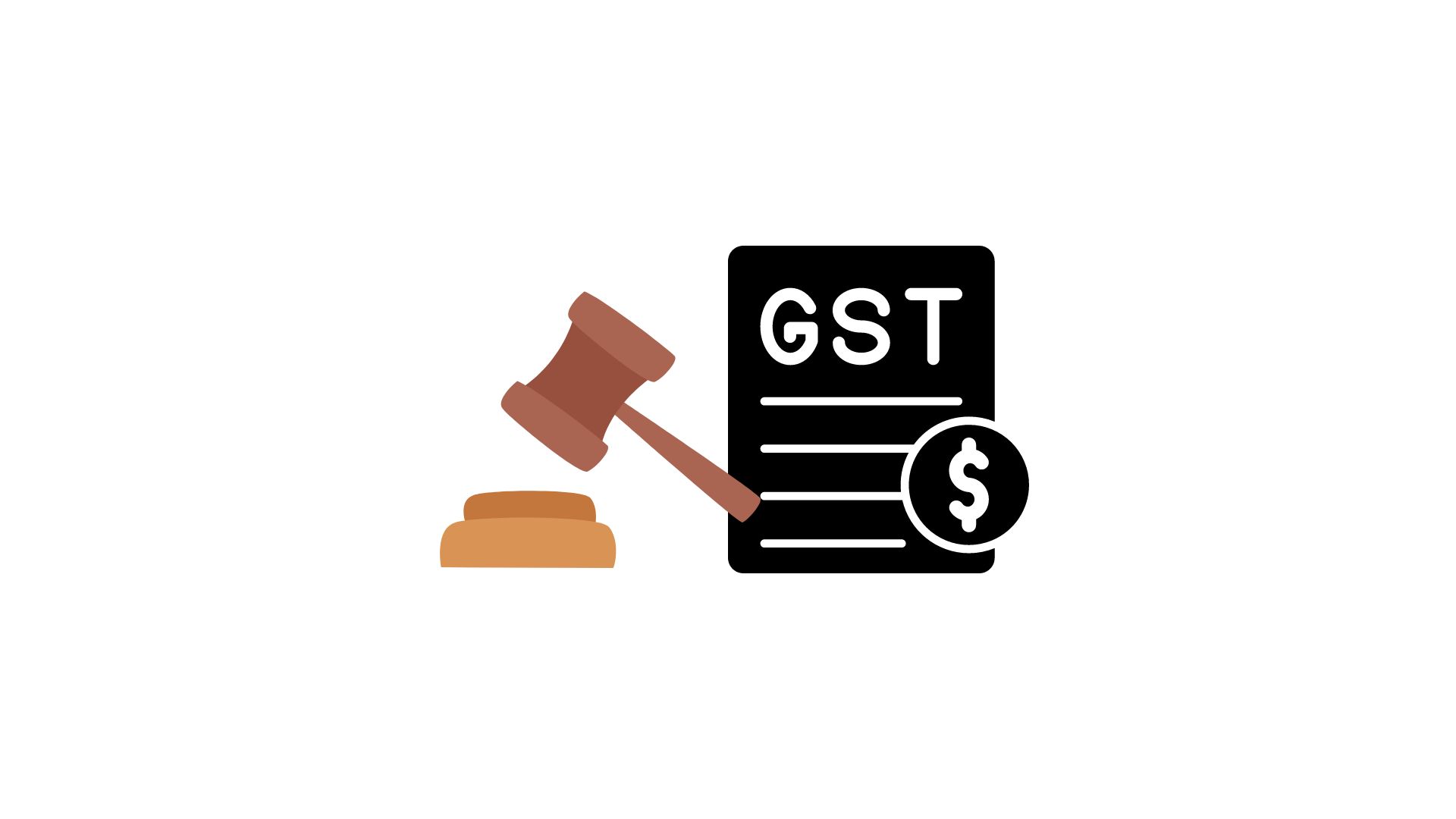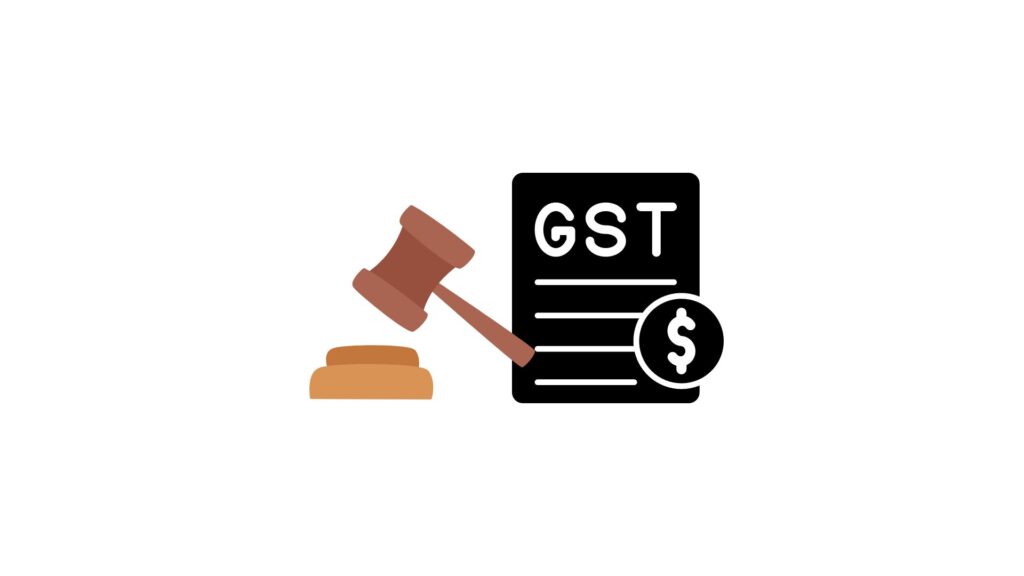
30 Mar Revenue Department is not empowered to seize Cash under GST

The Delhi High Court, in the matter of Jagdish Bansal v. Union of India [W.P. (C) No. 16677 of 2023 dated February 26, 2024], granted relief to the petitioner by allowing the writ petition. The court instructed the Revenue Department to return the seized cash along with interest. The judgment emphasized that the Revenue Department lacks authority to seize cash under the applicable GST laws.
Facts of the case:
Search and seizure procedures were conducted at the premises of Jagdish Bansal, resulting in the confiscation of cash by the Revenue Department.
Displeased by this action, Jagdish Bansal filed a writ petition in the High Court, challenging the lawfulness of the cash seizure.
Issue:
The central issue at hand was whether the Revenue Department possessed the legal authority to seize cash under the GST framework.
Held:
In its ruling on W.P. (C) NO. 16677 OF 2023, the Delhi High Court made the following determinations:
- Referencing the decision of the Delhi High Court in K.M Food Infrastructure Pvt Ltd Through Its Director Mukesh Kapoor Vs Director General DGGI Headquarters [W.P. (C) 328/2024 dated February 13, 2024], the court construed Section 67 of the Central Goods and Services Tax Act, 2017.
- It observed that cash does not fall under the definition of goods but rather under the definition of money as outlined in Section 2(75) of the CGST Act.
- The court reiterated that cash cannot be categorized as goods and therefore cannot be subject to seizure.
- It concluded that there was no valid reason for the Revenue Department to retain the seized cash.
- Consequently, the court deemed the impugned order as null and directed the Revenue Department to return the seized cash along with interest.


No Comments